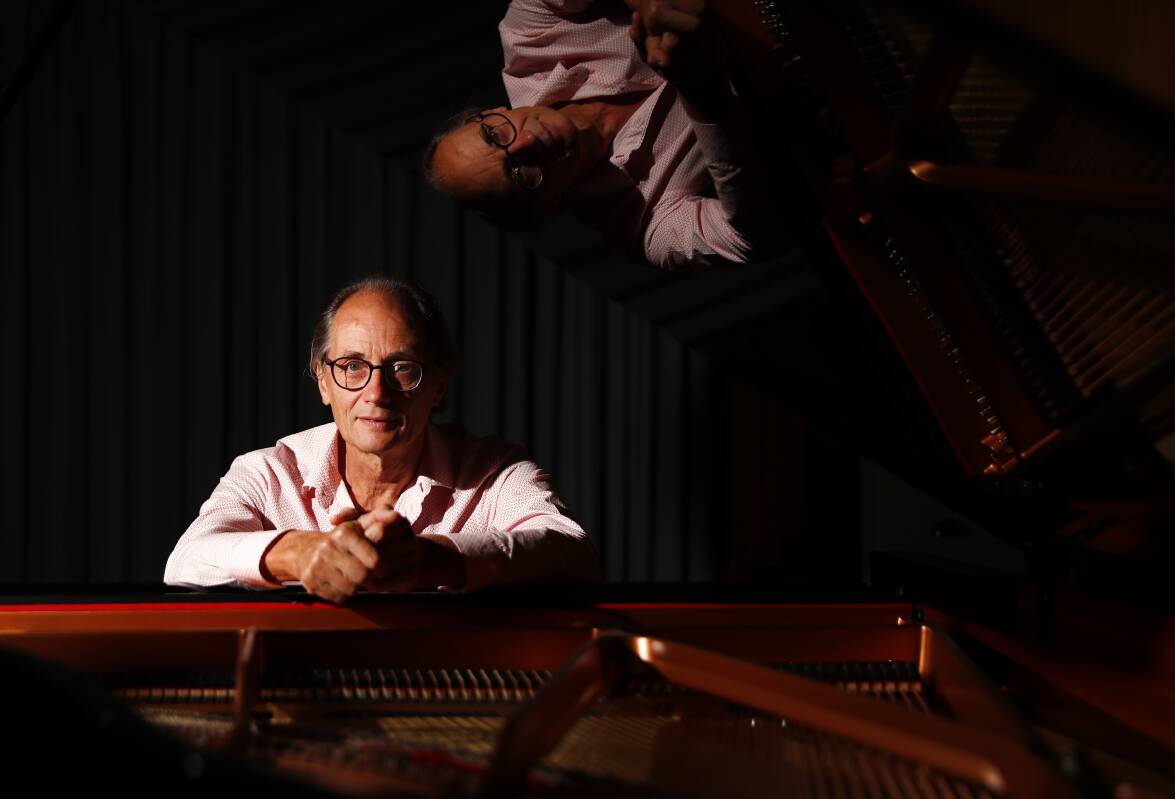
There's the grandest of themes to this year's Canberra International Music Festival: the world, the universe, perhaps even the cosmos.
It's called Pole to Pole, suggesting everything between the two poles of the earth, or as festival director Roland Peelman puts it: "The outer ends of the world and the journeys we make in between.
"It's about the journeys we take from A to B. What do we see? What do we experience?"
The opening concert on April 29 (repeated the day after) fits into this grand vision of the universe and time. It is The Creation, Haydn's great oratorio about the Christian account of the beginning of the world, starting with its rumbling, deep evocation of chaos, darkness and void - until "let there be light" bursts out of the music. (When the work was premiered in Vienna in 1799, the stunned audience suddenly erupted into applause at that moment).
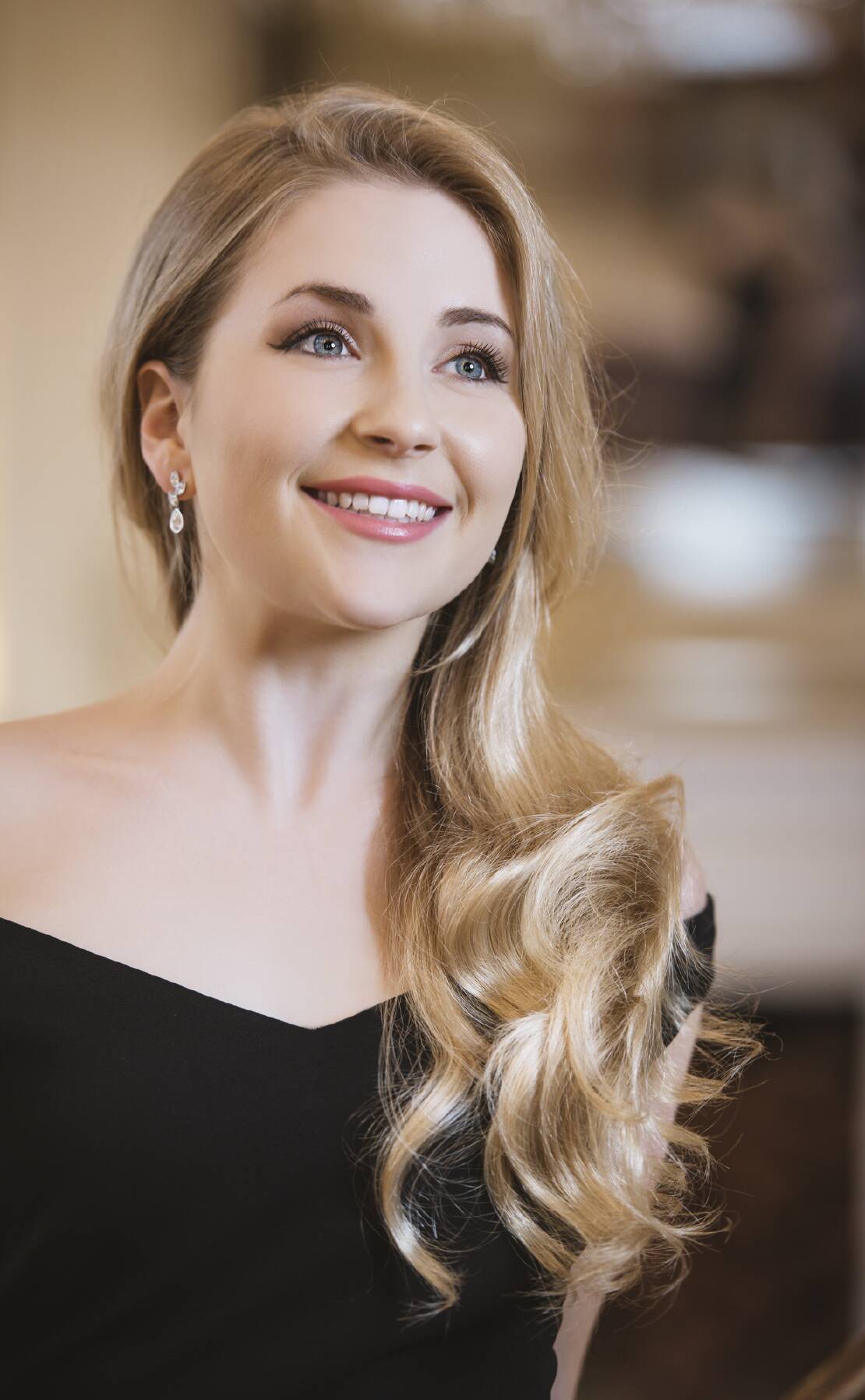
Canberra's performance at the Fitters Workshop in Kingston might resemble that first performance in that it has the pared down musical forces of the 19th century rather than the big lush sound which later became fashionable. It will be delicate yet grand.
Other concerts continue this overarching theme of our world stretching through the aeons of time.
At his base in the Ainslie Arts Centre, Mr Peelman, expounds enthusiastically about an ancient route from Mount Kosciuszko down to Twofold Bay near Eden. The Bundian Way, as it is known, crosses some of the nation's wildest, most remarkable landscape in its 360 kilometres from the highest parts of Australia to the ocean.
It is celebrated in the festival in a multimedia event, with new works as well as readings by John Blay from his definitive book, On Track: Searching Out the Bundian Way.
Some of the concerts involve walking. In one, a walk through the National Botanic Gardens is interspersed with performances by singers, dancers and instrumentalists.
Mr Peelman is strong on musical diversity. He revels in European music but also opens his ears to other cultures, and they will be represented in the festival, sometimes together as when Horomona Horo, one of the giants of Maori music, plays alongside the New Zealand String Quartet.
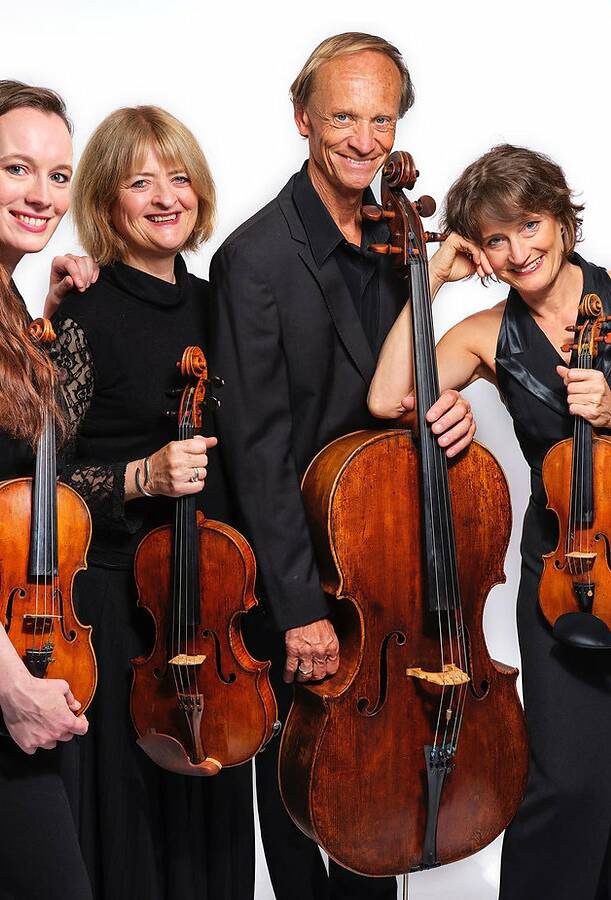
For the birds - and dogs
The birds we hear when we walk feature in a couple of concerts, both as translated into music played by humans and as recordings of birdsong.
"There's a lot of birds in this festival," Mr Peelman said, "A lot of birds."
"Be it the crow or cuckoo or curlew, birds have always fascinated and enchanted us," the program says. "Capturing their song became a driving force for the French master Olivier Messiaen, transcribing bird calls on his travels and incorporating their multivoiced warblings in his works."
There will be free events, including a concert for dogs (called Ears Up). As the festival blurb puts it: "Bring your canine companion to Haig Park at 11am on May 1, 2022 for 'Ears Up - A Concert for Dogs'! This is a special, free concert for our four-footed friends - and their masters, featuring specially attuned pitch material for hyper-sensitive ears."
There is, apparently now an academic discipline researching "canine human musical entanglements".
The festival organisers are keen to get on board: "With the internet already full of reality TV musical mutts, the sound of sonorous seals, monkeys or dolphins ready to amuse us, the connection of dogs and humans in particular offers great potential.
Given that many of us live with dogs, play with dogs, and emote with dogs, is it such a leap of logic to say that dogs could sing with us?"
Don't answer that.
Poles of all types
Mr Peelman is a man for a quiet joke. The title of the festival - Pole to Pole - also features Poles - Polish ones: the pianist Lucas Krupinski and the Orava String Quartet, playing the work of Polish composers, Chopin, Paderewski and Grayna Bacewicz. The concert is called La Polonaise.
And poles in painting feature, specifically a new string quartet by the Australian composer Brian Howard titled Blue Poles, inspired by Jackson Pollock's Blue Poles in the National Gallery of Australia.
It will be performed at the gallery in front of the controversial painting.
It's controversial because some, including Mr Peelman, find the painting inspiring; others wonder if it's just a random daub.
In truth, while the title Pole to Pole might sound like a unifying theme, it's a device for all kinds of eclectic combinations (it's as though the director has chosen "Everything" as a theme).
Everything from Scandinavian song to pre-colonial Australia to mediaeval Spain to '60s New York (in the guise of the modernist composer Steve Reich) to the Soviet Union (in the guise of Shostakovich).
Post-pandemic
The festival was cancelled in 2020 as the pandemic took hold.
The "festival we never had" still hurts Mr Peelman: "I had an amazing international line-up. I couldn't have thought of a better program," he said.
"The trouble wasn't so much that we had to cancel it, though that was bad enough. We pulled the plug and then the difficulty was 'so what do we do now?'."
The result was what he calls a "fallow year".
There was then a reduced festival last year, with performers from within the country. It took place but with much wrestling with the constantly-changing rules of the pandemic.
Venues with seating like a theatre, for example (in rows and facing forward) had different rules from venues with unfixed seating.
Mr Peelman found it frustrating. "For all our events, of course we have to be super careful, because we might all be super-spreaders, all of a sudden while listening to music," he said at the time.
"The total hypocrisy of this, you know, I've just had such a gutful of it, because it makes no sense.
"It flies in the face of any kind of rationality."
But now, back to speed. Mr Peelman is energised as what seems more like a "normal" festival approaches, with a diversity of music from European to Indigenous, from Haydn quartets and The Creation to new modern music, often with electronic components, both visual and aural.
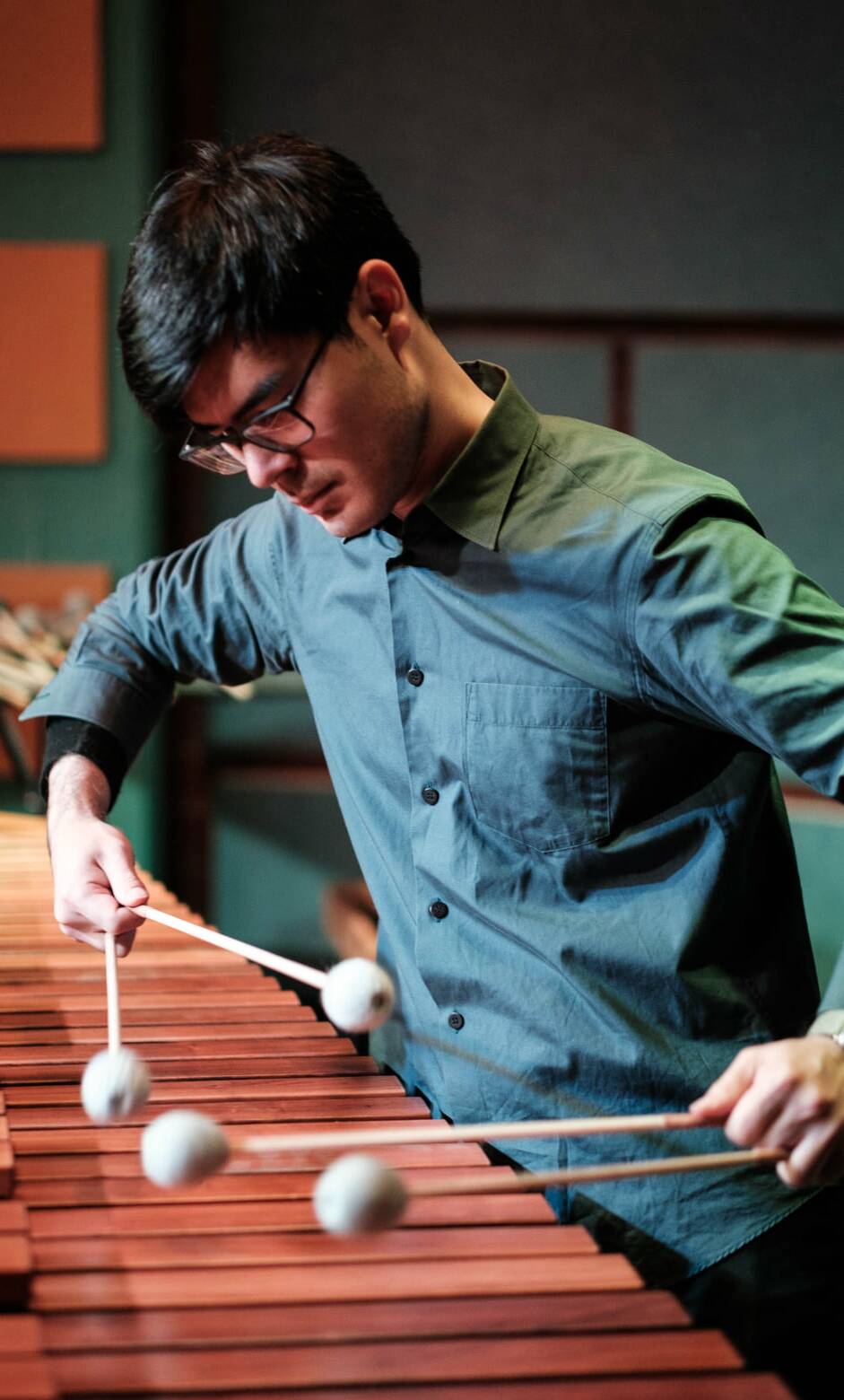
The maestro
He considers himself a "reluctant maestro".
And it seems true as he sits in the festival office in the Ainslie Arts Centre. He talks easily and wears his abundant learning lightly. He is not one of those intellectuals who self-aggrandises.
And he is not easy with the word "maestro" itself. It sounds to him like something from a long-gone inegalitarian era when a master was in charge. It doesn't suit his style - he doesn't come over as a tyrant wielding a baton over trembling musicians in the orchestra pit.
That may be because his background was humble. He was born in a tiny Flemish village near Ghent, to uneducated parents of peasant stock.
Music barely featured. There were no musicians in his family and the subject wasn't taught at school but, somehow, he got the bug.
"Not even remote ancestors, not even a forgotten aunt or uncle, none of that. I've often wanted to confront my mother about that."
Even though his parents were humble and far from rich, they valued education. They had lived through the Depression and the Second World War (much of which was fought across occupied and then liberated Belgium). Like so many other parents, they desperately wanted their children to "get on".
"They did not have the good fortune of an education but wanted something better for their children."
But music was inside him like a music gene. At the age of 10, he approached the only person in the village who played the piano.
"He asked me, 'Do you have a piano?' and I said no, so we had to find me a piano to go and practice on, somewhere in some smelly church hall."
Then he went to boarding school and music was present, particularly singing, both solo and choral. "I heard the choir sing, and that was it. One week later, I was singing in that same choir. I was smitten."
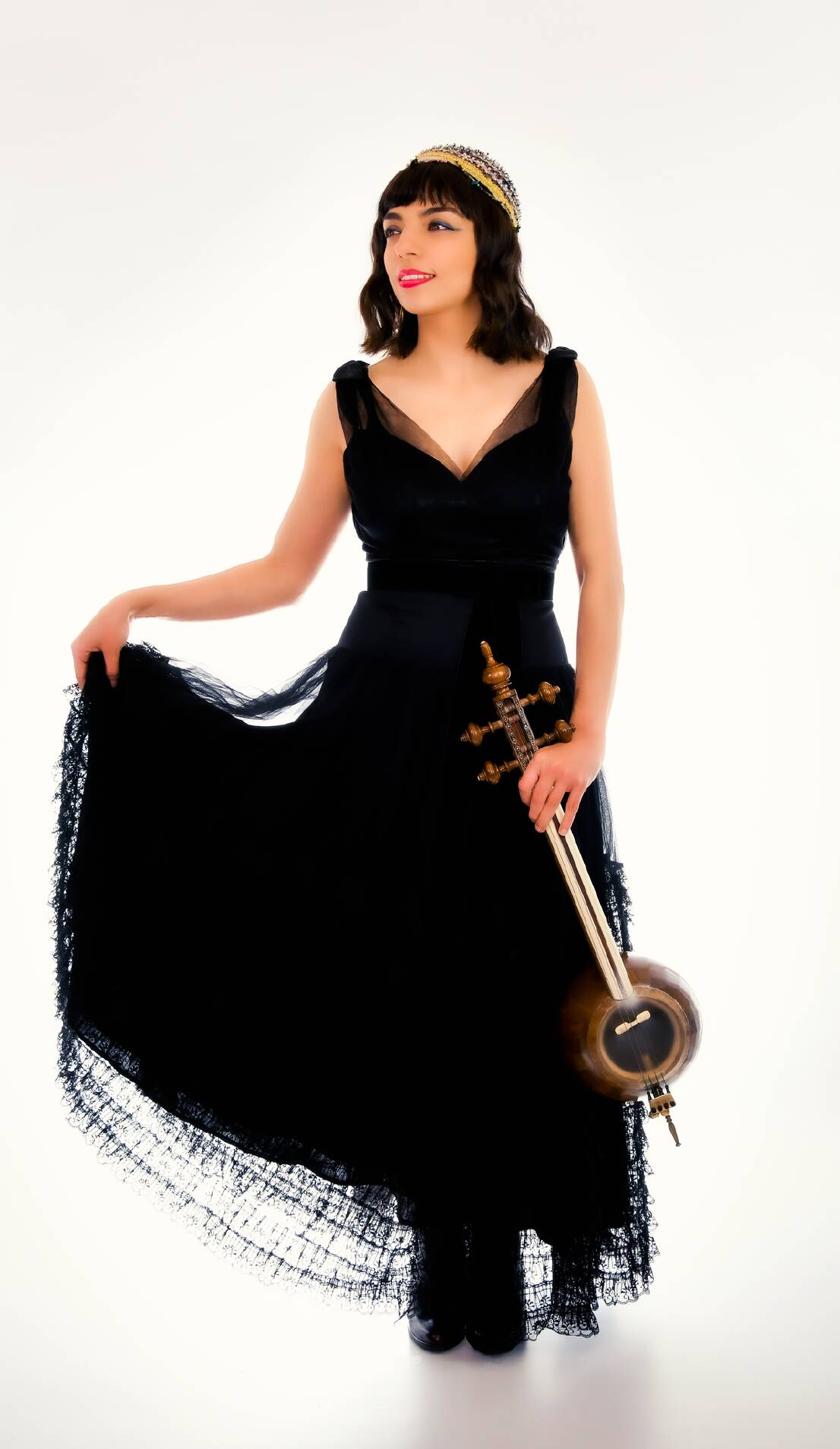
Studies at the conservatorium and university in Ghent followed, and his interests shifted to instrumental and contemporary music. He continued his studies in Cologne where he got a degree in conducting before taking the plunge 40 years ago and immigrating to Australia.
He and his wife stepped off the plane for the first time in 1982. They were two Belgian musicians keen for adventure and newness - they were greeted in Sydney by the March heat and a rubbish collectors strike so that first visit was a shock.
Their four-week holiday, Mr Peelman recalled, was a life-changing experience. It was followed by emigration, with two small children.
He is happy in Australia - and he exudes enthusiasm about the country. He has become a strong advocate of new music by Australian composers.
But his world is really inside his head. His actual physical location isn't so important: "I didn't really care where I was. I'm one of these people, I'm happy anywhere."
"I'm easy, very easy. I'm not linked to a particular place or to possessions or that sort of thing."
Initially, they found work in Mount Gambier.
"I conducted a local brass band, and that's where I got a bit of experience with brass."
Within a year, he was offered a job with the Sydney Opera. From 1990, he was the director of The Song Company vocal ensemble for 25.
And then in 2015, he was appointed as director of the Canberra International Music Festival.
This year it runs from April 29 to May 8. To see the full program visit cimf.org.au
.







